Could Mental Health Awareness Efforts Be Backfiring? Understanding the "Prevalence Inflation Hypothesis"
A blog post by Sound Psych & Claude
Here's a question that might make you pause: What if our well-intentioned efforts to raise awareness about mental health are actually contributing to rising rates of reported mental health problems?
This thought-provoking question is at the heart of groundbreaking research published by psychologists Lucy Foulkes and Jack Andrews in early 2023. Their work introduces what they call the "prevalence inflation hypothesis" – and it's sparking important conversations in the mental health field.
The Puzzling Paradox
Let's start with the facts that caught these researchers' attention:
Over the past decade, there have been massive efforts across Western countries to raise awareness about mental health
The goals were admirable: reduce stigma, help people recognize symptoms, and encourage help-seeking
Yet during this same period, reported rates of mental health problems have actually increased rather than decreased
This seems backwards, doesn't it? If awareness campaigns are working, shouldn't we be seeing fewer reported problems, not more?
The Prevalence Inflation Hypothesis Explained
Foulkes and Andrews propose that awareness efforts might be having two simultaneous effects – one beneficial and one potentially problematic.
The Good: Improved Recognition
On the positive side, mental health awareness campaigns are helping people identify real problems that previously went unrecognized. Think about it:
Someone who's been struggling with panic attacks for years finally understands what's happening to them
A person recognizes that their persistent sadness might be depression, not just "being moody"
People learn that anxiety disorders are treatable conditions, not personal failings
This is exactly what we want awareness efforts to accomplish. It's helping people get the support they need.
The Concerning: Overinterpretation
But here's where it gets complex. The researchers suggest that awareness efforts might also be leading some people to interpret normal, everyday distress as mental health problems.
Consider these scenarios:
Feeling nervous before a big presentation gets labeled as "anxiety disorder"
Having a bad week gets interpreted as "depression"
Normal stress from life changes gets seen as a mental health crisis
The Self-Fulfilling Prophecy Effect
Here's where the hypothesis gets really interesting – and concerning. The researchers propose that once someone labels their distress as a mental health problem, this labeling can actually make symptoms worse.
How might this happen?
When someone thinks "I have anxiety disorder" instead of "I'm feeling nervous," they might:
Start avoiding situations that make them anxious (which often increases anxiety over time)
Begin monitoring their body for signs of anxiety, making them more aware of normal sensations
Adopt an identity as someone with a mental health condition, which can influence behavior and expectations
This isn't to say the distress isn't real – it absolutely is. But the interpretation of that distress might inadvertently make it more persistent or severe.
The Vicious Cycle
The researchers suggest this creates a problematic cycle:
More awareness campaigns are launched
More people report mental health problems (both through improved recognition and overinterpretation)
Rising statistics lead to concerns about a "mental health crisis"
This drives even more awareness efforts
The cycle continues...
What This Means (And What It Doesn't Mean)
This research does NOT suggest that:
Mental health problems aren't real
People are "faking" their distress
We should stop talking about mental health
Awareness campaigns are entirely harmful
What it DOES suggest:
We need more nuanced approaches to mental health awareness
There's a difference between normal distress and clinical disorders
How we frame and discuss mental health matters
We should be thoughtful about unintended consequences of well-meaning efforts
The Path Forward
So what can we do with this information?
For Mental Health Professionals:
Consider both the benefits and risks of awareness campaigns
Help clients distinguish between normal distress and clinical problems
Focus on building resilience alongside treating symptoms
Be mindful of how diagnostic language might impact client self-perception
For Educators and Advocates:
Promote mental health literacy that includes understanding of normal emotional experiences
Emphasize that not all distress requires professional intervention
Teach coping skills for everyday stresses
Frame mental health in context of overall wellbeing
For Individuals:
Learn to recognize the difference between temporary distress and persistent problems
Remember that feeling anxious, sad, or stressed sometimes is part of being human
Consider whether professional help is needed or if other supports might be sufficient
Be cautious about self-diagnosis based on social media or online content
The Bigger Picture
The prevalence inflation hypothesis doesn't have all the answers, and the researchers themselves call for more studies to test their ideas. But it raises crucial questions about how we approach mental health in our society.
Perhaps the goal isn't just to increase awareness, but to increase accurate awareness – helping people understand both when they might need professional help and when they might have the resources to cope on their own.
The ultimate objective remains the same: supporting people's mental health and wellbeing. But this research suggests we might need to be more thoughtful about how we get there.
What Do You Think?
This hypothesis has sparked debate among mental health professionals, and that's a good thing. Science progresses through questioning assumptions and testing new ideas.
Have you noticed any of these patterns in your own life or work? How might we balance the benefits of mental health awareness with the potential risks of overinterpretation?
The conversation is far from over – and that's exactly how it should be when we're working to better understand something as complex as human mental health.
Want to learn more about evidence-based approaches to mental health? Explore our course library for expert-led content on anxiety, depression, trauma, and more.


